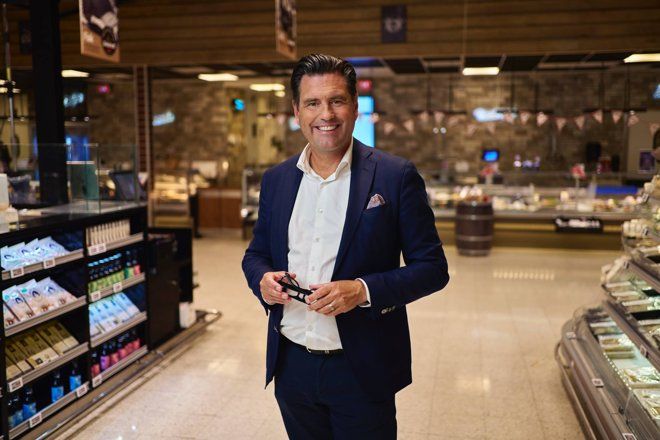Duni Group Celebrates 15 Years of FSC Certification

We spoke with Duni Group's Sustainability Manager, Nermana Bulic, who shared valuable insights on the importance of FSC certification, its contribution to the company’s sustainability goals, and its role in their environmental efforts as a pulp purchaser. Duni Group first achieved FSC certification in 2009 as part of its initiative to replace plastic with fiber in its products. With strong dedication, Nermana has played a central role in maintaining and advancing the company’s certification.
What Does FSC Certification Mean for Duni Group?
- Our FSC license (FSC-C014985) serves as a quality mark, ensuring that certified products are traceable and sourced from responsibly managed forests. Our customers expect us to take responsibility for the entire value chain, from raw material procurement to the finished product. FSC-certified products also align with our ambition to achieve large-scale circularity, one of Duni Group's sustainability initiatives. We view circularity holistically, where the start-of-life of a product is as important as its end-of-life, making material selection and raw material quality critical. Currently, 98 percent of our Dining Solutions and 74 percent of our Food Packaging Solutions are FSC-certified, with a goal of reaching 100 and 75 percent, respectively, by 2025.
How Does the Company Work to Uphold FSC Standards?
- We conduct extensive internal audits and continuously update our procedures to ensure that Duni Group not only maintains but also improves its FSC management system. A key aspect is ensuring that our pulp fiber purchases comply with the strict FSC requirements. Duni Group is committed to adhering to the highest forestry standards to offer products that meet the increasingly stringent sustainability demands of our customers.
How Does FSC Certification Contribute to Duni Group's Goal of Achieving Large-Scale Circularity by 2030?
- By ensuring that our products are made from FSC-certified materials, we can also demonstrate that they are part of a sustainable and responsible supply chain. As we reduce our reliance on fossil-based plastics, the need for renewable materials like pulp fibers will increase. Thus, FSC certification is central to maintaining our sustainability ambitions, as it also helps protect biodiversity and ecosystems.
What Are the Biggest Challenges in Maintaining and Developing FSC Certification?
- One of the biggest challenges, paradoxically, is the increased use of wood fiber for both energy purposes and as raw material, which over time may impact the availability of FSC-certified material. Additionally, changes in FSC criteria or company value chains can make it difficult to meet new FSC requirements, potentially leading to the loss of certification. To address these challenges, Duni Group takes a proactive approach to improving our internal controls and processes. This proactive strategy has helped us maintain a high percentage of FSC-labeled products.
What Are the Next Steps in FSC Certification?
- The next step for Duni Group is to increase our focus on biodiversity, an aspect I believe is crucial for sustainable forestry. This fall, we will continue to explore how we can further integrate biodiversity into our sustainability efforts. For us, it is about constantly taking our sustainability work to the next level, and I look forward to the challenges and opportunities this will bring.
With 15 years of FSC certification experience, Duni Group remains committed to sustainability, circularity, and biodiversity.
Contact us




